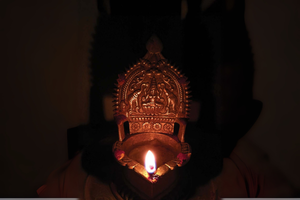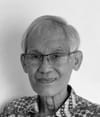This is not an exhaustive account of how all the different ethnicities in Malaysia mark death; even within the same faith or culture, practices shift with religion, family customs or circumstances. The stories here provide only glimpses into how some communities here approach the end of life.
WHEN SOMEONE DIES in Malaysia, news spreads quickly within the community. Within hours, the house is already filled with funerary service providers and mourners: plastic chairs set out, boxes of mineral water in a corner, snacks laid out for guests to nibble on. Death may arrive suddenly, but it is never endured in isolation.
What follows depends on your race, religion and family background. For Malay Muslims, burial is expeditious and no-nonsense—a quiet return to the soil and the Creator. For Chinese Taoist and Buddhist families, the funeral stretches across days, filled with incense, offerings and ritual prayers. For Hindus, fire carries the soul from one transitive state to another. Meanwhile, the rituals and customs of the Orang Asli, the indigenous tribes in Malaysia, are diverse and many, each a window into the worldview and culture of these tribes.
Different beliefs, different rites, different means of laying the body to rest—and yet, all of them stem from the same conviction: that death must be marked, mourned and honoured.




